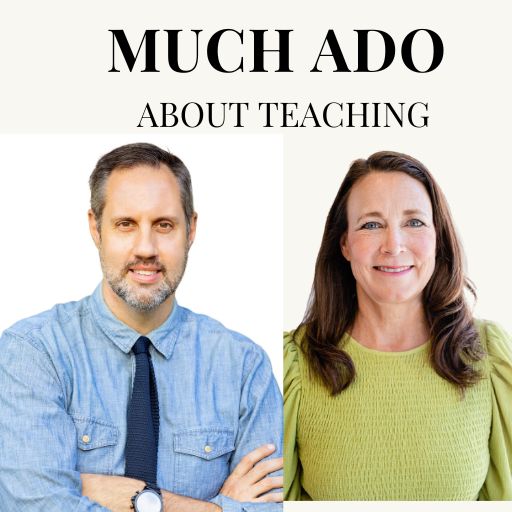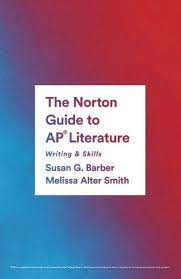I am going to show you how to have your most creative and fulfilling year of teaching. You will engage students, they will anticipate your class, and you will develop a repertoire of creative lessons, but first a quick backstory.
PROFESSIONAL DEVELOPMENT
Not everyone marks their fifth wedding anniversary with a literary tour. But that’s what my wife and I did in the summer of 2010, flying to Dublin to see the recreated Paris apartment where James Joyce wrote much of Finnegans Wake, jumping over to London to peer inside 221 B Baker Street, and journeying west to in Oxford, where we laid eyes on the dining hall from Harry Potter.
The real reason for the whole trip was a week at AP Oxford Academy, a week-long professional-development workshop run in tandem by James Cross, a veteran California teacher, and David Bradshaw, an Oxford University literary scholar. The week bounced between Cross sharing the nuances of teaching AP Literature and Bradshaw delivering dazzling lectures on Joyce and Huxley. At one point, Cross mentioned that he got over the mid-week hump by doing “Wacky Wednesdays” in his AP classes. It was a chance to interrupt the monotony by showing a movie clip, starting class with music, or beginning some other multimedia experience.
His off-the-cuff comment turned into my guiding principle when I returned to school that fall. I hatched a plan to commit to a Wacky Wednesday every week without fail for the entire year. I challenged myself to take it to a higher level, by developing a few rules. They were:
- I couldn’t repeat the same lesson concept twice, forcing myself to be as creative as possible. That meant that even if a lesson was spectacular in September, I couldn’t recycle the same format in January.
- Novelty was the target, but engagement was the mission. It had to be new, but more importantly, it had to result in deeper learning.
- To break the isolating and stationary nature of learning, students should be out of their seats and interacting as often as possible.
Many a Tuesday night I would go to bed my brain wracked for a new idea, only to come up with one at the 11th hour the next morning in the shower. Truth be told, some lessons bombed, but most succeeded beyond my expectations. It marked the greatest explosion of creativity and engagement in my career. Suddenly, inspiration was everywhere. I harnessed the fun of childhood games by developing Shakespearean Musical Chairs and Pin the Quote to the Literary Element. An episode of Top Chef sparked a literary Quick-Fire Challenge lesson. My love of college basketball was channeled into Poetry March Madness. I turned traditional timelines into The Inferential Timeline. Many of the lessons that made their way into 100% Engagement: 33 Lessons to Promote Participation, Beat Boredom, and Deepen Learning in the ELA Classroom can find their genesis in Wacky Wednesdays.
Soon I noticed my students came to class on Wednesdays eager for what was in store. Word of these lessons started to spread. They became a thing that was talked about throughout the school day. My students even developed a Wacky Wednesday slow clap at the beginning of the period (thanks, Justin Willig) to mark the transformation from a regular school day into something magically dynamic.
THE CHALLENGE TO ENGAGE
Classrooms need the Wacky Wednesday ethos now more than ever. Three forces have gained traction over the last decade, making engagement an acute challenge:
- COVID, which increased learning in isolation.
- Smartphones, which for students, became more engaging than the lesson.
- Edu-platforms, which are good at providing multiple-choice practice but can suck the soul out of learning.
I want you to adopt the Wacky Wednesday ethos for the 2025-26 school year. Join us and decide to have your most creative and fulfilling year of teaching. Here are three simple steps you can take to get started:
- Commit to one “wacky” day per week in which you try something new and engaging.
- Join the 100% Engagement Facebook group. It will be a dedicated space for teachers to document and share their most engaging lessons. This is your accountability space, but also your source for inspiration from others.
- Share this post with one teacher that you want along for the ride on this challenge.











